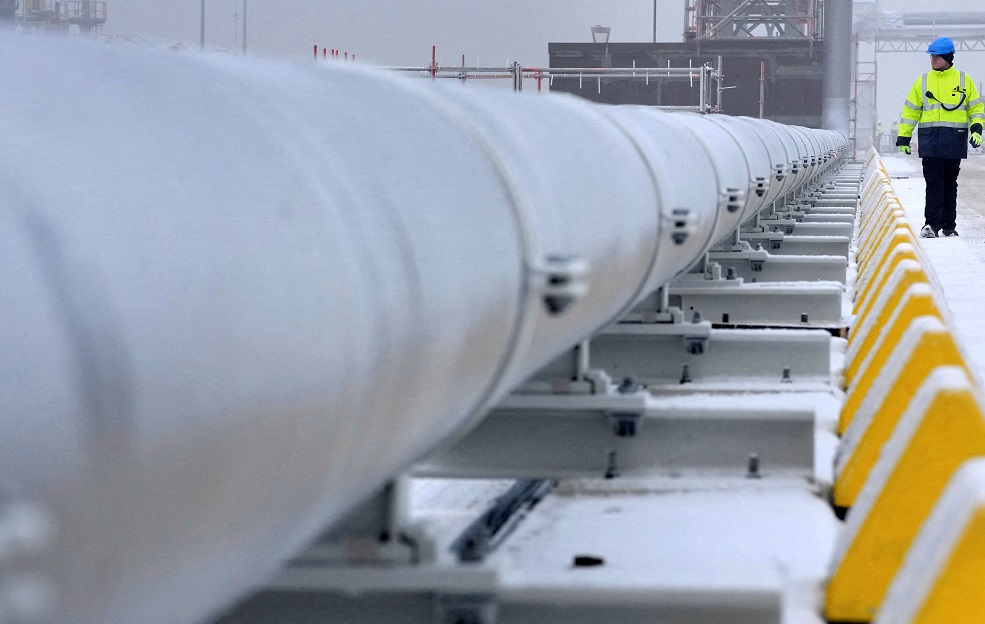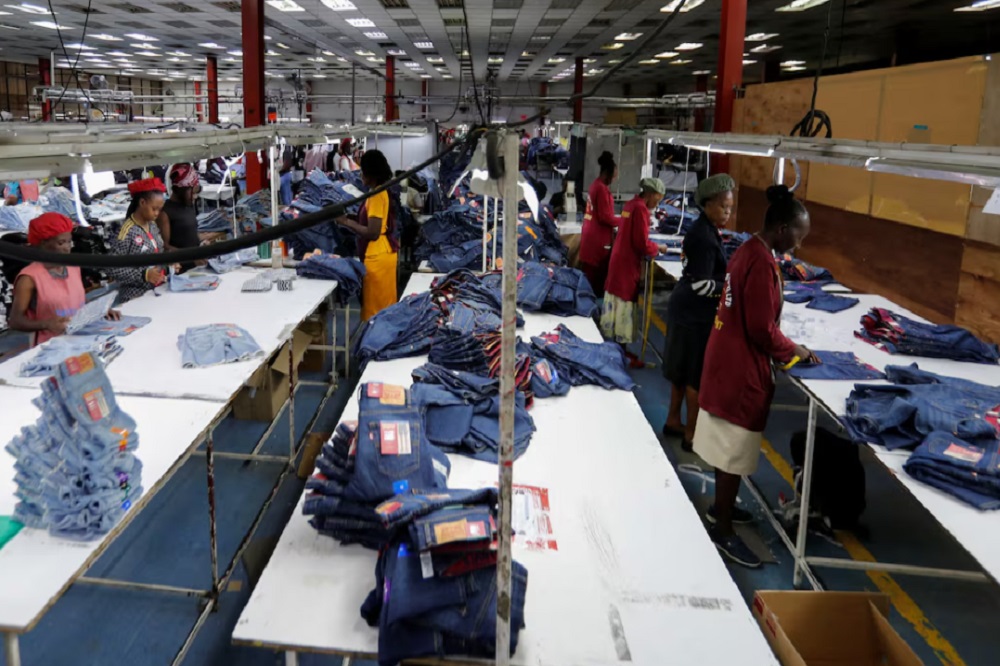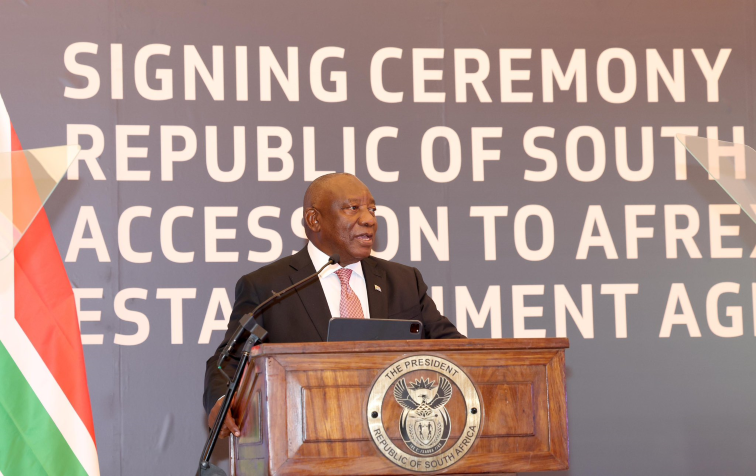-
Natural gas pipeline
Members of Parliament’s Electricity and Energy Portfolio Committee, as well as stakeholders in this industry, have expressed concern about South Africa’s impending gas supply challenge which could take place in the middle of 2028.
Entities like the Central Energy Fund, Sasol, the South Africa Oil and Gas Association and Business Unity South Africa, presented on the ramifications of South Africa reaching the so called ‘gas cliff’, but also tried giving solutions to the problem.
The Central Energy Funds Chairperson, Ayanda Noah says South Africa’s current supply of natural gas which really comes from Mozambique, Pande and Temane fields, is approaching its end and we are looking at 2028, only three years away.
“We are approaching a major challenge when it comes to our energy supply chain, our industrial output, as well as the broad economic competitiveness .The importance of natural gas in our energy supply chain cannot be overstated because it is a key enabler of industrial production.”
Some stakeholders in the gas industry have painted a grim picture about the impending gas supply issue and referred to it as a ‘cliff’ that South Africa is facing.
The Portfolio Committee on Electricity and Energy was briefed on the matter.
Sasol explained how it planned to mitigate the impending gas cliff which is expected in June 2028.
Sasol says it plans to supply methane gas to industrial markets for 24 months beyond the June 2028 cliff.
All entities presenting to the committee agreed that the supply issue could be mitigated but rapid action was needed.
Jaco Human, representing one of the entities falling under Business Unity South Africa, painted a grim picture to MPs.
“Gas as we often refer to is essentially the Swiss army knife of energy. It can be many things for many applications. It can generate power, it can provide chemicals, it can provide liquid fuels, it can provide direct heating, it can provide power to the logistics sector.
It is really a multi-faceted energy type, which certainly warrants a deep look into the future and role of it in the South African economy.”











